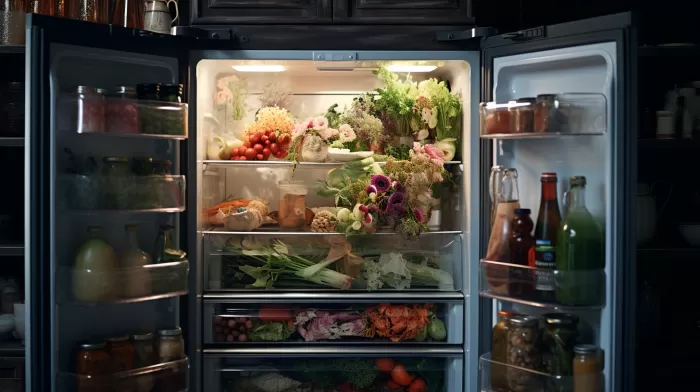The bacteria Listeria monocytogenes is tricky to deal with because unlike other germs, it thrives in cold conditions. The Food and Drug Administration (FDA) states that Listeria can continue to multiply in your refrigerator putting you and your family at risk. Listeriosis, the infection caused by exposure to Listeria, can lead to stomach bug-like symptoms such as diarrhea and nausea, fever, and muscle aches. In more severe cases, especially with infants, the elderly or individuals with weakened immune systems, it can be life-threatening.
The recent outbreaks of Listeria at food processing plants are the reason why it’s essential to be cautious of the safety of the food you consume. Follow these simple steps to take extra precautions and protect yourself and your family from Listeria.
Consider the Foods You Eat
Listeria commonly affects ready-to-eat foods such as deli meats, hot dogs, smoked seafood, and store-prepared salads. To reduce the risk of Listeria, reheat hot dogs and lunch meats until steaming hot, aiming to reach an internal temperature of 165 degrees Fahrenheit (F). Soft cheeses like feta, brie, Camembert, and “queso fresco” are also prone to Listeria contamination, so you should avoid them, especially if you have a weakened immune system.
Preparing and Storing Food
When preparing food at home, thoroughly wash all fruits and vegetables under running water. Remember to wash them even if you’re planning to peel the skin. You can also scrub firm produce like melons or cucumbers with a brush. Although Listeria can still grow at cold temperatures, it grows slower at 40 degrees F or below. Set your refrigerator at 40 degrees F or lower, and your freezer at 0 degrees F or lower. When storing leftovers, divide them into shallow containers to enable rapid, even cooling. Use wrappings like plastic wrap, tinfoil, plastic bags, or covered containers to store the food. To avoid the risk of Listeria contamination, throw away leftovers after three days.
Keeping Your Kitchen Clean
Maintaining a clean refrigerator can help keep Listeria away. Make sure to clean up spills from hot dogs, lunch meat, and raw meat or poultry as soon as possible. As the bacteria can spread from one surface to another, always clean food preparation surfaces with warm, soapy water. Wash cutting boards with the same solution after each use, or use nonporous acrylic, plastic, or glass cutting boards, which are dishwasher-safe. Regularly wash dish towels and cloth grocery bags, as well as dishcloths, in hot water.



